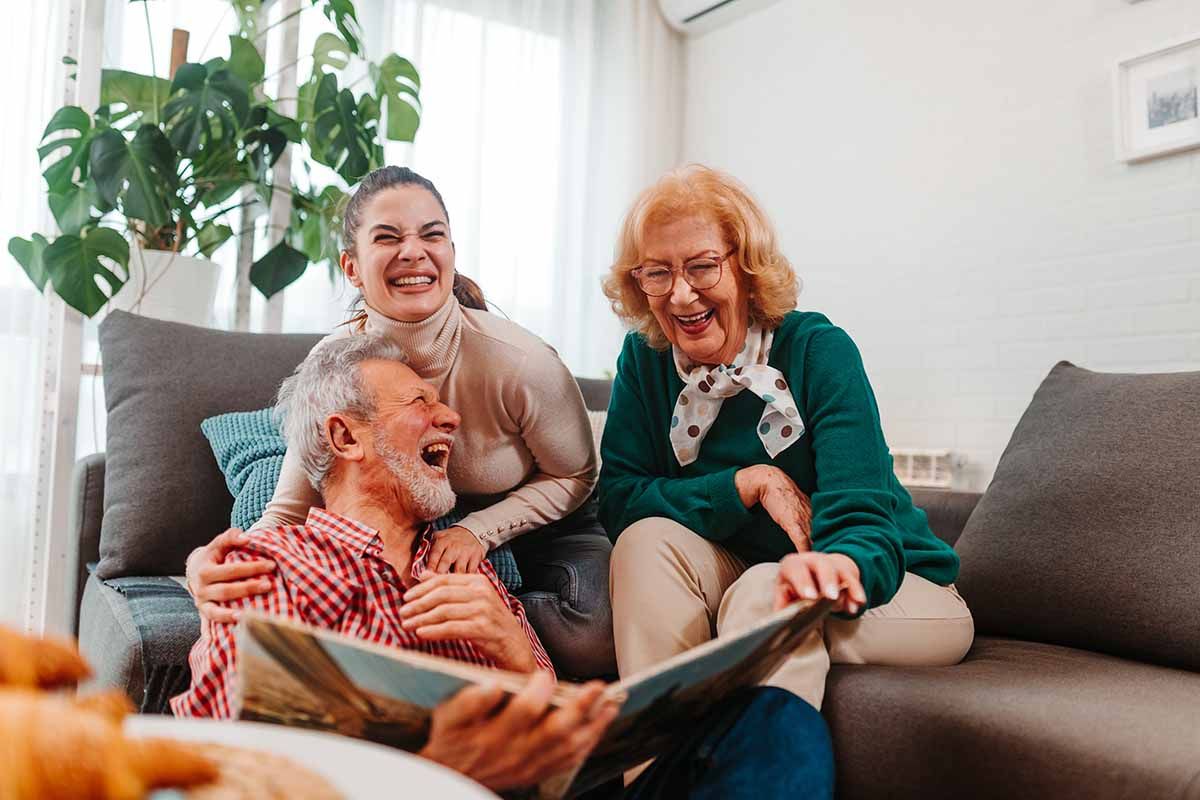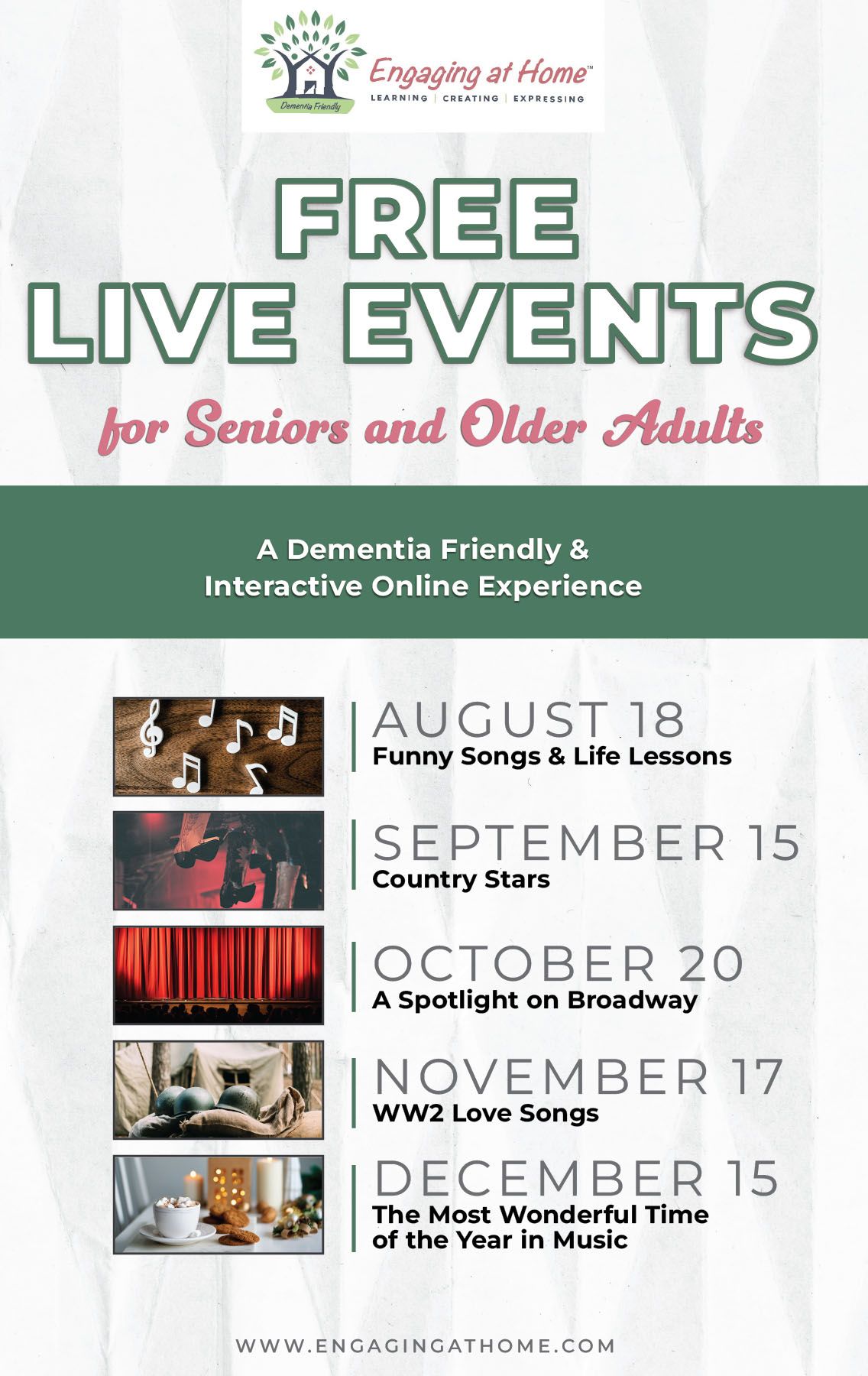
The more we think positive and grateful thoughts, the healthier and happier we feel. Did you know that our body produces a chemical that may be our brain's best friend? According to the Cleveland Clinic, "Dopamine is known as the 'feel-good' hormone. It is part of our reward center, so we want to generate as much of it as possible." How might you feel if you have the right amount of dopamine? Happy. Motivated. Alert. Focused.
Thanks to the flexibility or plasticity of the brain, positive thinking may be one of the quickest ways we can feel happier. It doesn't cost any money, you don't have to leave the house, and it can become a way of life.
Every brain changes with age, and mental function changes along with it. What can we do to enhance our daily outlook and be kinder to our brains?
- Accentuate the positive. The area of the brain that consolidates emotion and memory is less responsive to negatively charged situations, which may explain why studies have shown that older people tend to be less moody.
- Attain contentment. Researchers were surprised to discover that people seem to be more satisfied with their lives as they age, despite the losses accumulated with passing years. This is because they tend to minimize the negative, accept their limitations, use their experience to compensate for them, and set reasonable future goals.
- Celebrate inductive reasoning. Older people are less likely to rush to judgment and more likely to reach the right conclusion based on the information. This is an enormous help in everyday problem-solving. Younger people tend to charge ahead and do anything, whereas older adults stop and try to find the perfect solution.
- Acknowledge your abilities. Beginning during middle age, most adults became interested in expanding their vocabulary and expressing themselves. Every day we have new experiences; according to research and literature, learning from new but important and meaningful life experiences. The key is that the new learning needs to be meaningful and have a purpose.
- Say THANK YOU, and express gratitude. Expressing gratitude causes synchronized activation in multiple brain regions and lights up parts of the brain's reward pathways and the hypothalamus. In short, gratitude can boost the neurotransmitter serotonin and activate the brain stem to produce dopamine.
Is it possible for older people to be better at making decisions? As we age, the brain begins to use both sides of the brain simultaneously, which means that wisdom, knowledge, and creativity are part of each decision.
We know that we can become more knowledgeable; can we become wiser? The answer is "yes."
As we age, we have a collection of experiences stored in our brains. Knowledge and wisdom are what we take away or learn from experience.
Can we thank our brains for knowledge and wisdom? Throughout history, civilization has always had individuals responsible for passing on wisdom to the next generations. While this may not be the easiest thing to do, it is possible. There seem to be eight universal rules about wisdom – let's see if you agree or disagree.
- Change is inevitable; learn to adapt.
- Spend more time listening than speaking.
- Be curious. Continue to ask questions.
- Withhold judgment until you have enough proof.
- Freely offer the knowledge you have gained to others.
- Be open-minded.
- Learn from your mistakes.
- Be thankful, and forgive others.



